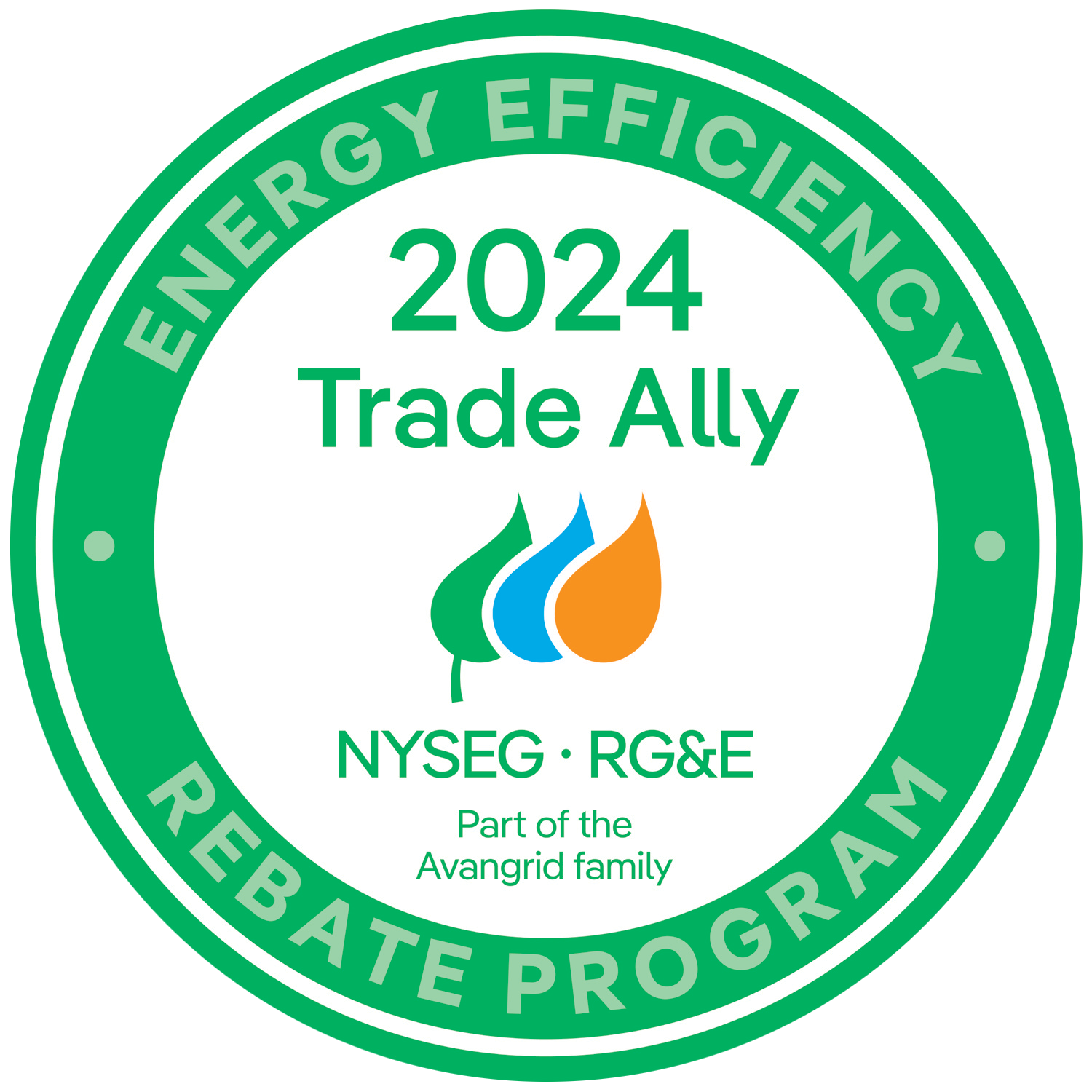Overall, a turnkey installation offers a holistic and efficient approach to commercial solar projects, providing customers with a hassle-free experience, predictable costs, and confidence in the successful implementation of their solar energy system.

Here are some of the benefits of using Buffalo Solar as your turnkey solution:
Single Point of Contact
-
With Buffalo Solar as your turnkey solution, you will be dealing with a single entity for the entire project. This simplifies communication, reduces the risk of miscommunication, and streamlines project management.
Efficiency and Time Savings
-
The integration of design, procurement, and construction under one umbrella allows for better coordination and faster project completion.
Cost Predictability
-
Buffalo Solar provides a more accurate and predictable cost estimate upfront.
Expertise and Experience
-
Buffalo Solar provides experience in all aspects of solar projects, from design and engineering to construction and commissioning. This expertise helps ensure that the project is executed with high quality and adherence to industry standards.
Risk Mitigation
-
Since Buffalo Solar would be responsible for the entire project, any issues that arise during the process can be addressed more efficiently. This reduces the risk of delays, disputes, and complications that may arise when dealing with multiple contractors.
Seamless Integration
-
Buffalo Solar will ensure that all components of the solar project are designed and integrated seamlessly. This can lead to better overall system performance and efficiency.
Quality Assurance
-
Buffalo Solar is committed to delivering a high-quality product. They oversee the entire process, from procurement to construction, ensuring that all components meet specifications and adhere to relevant standards.
Post-Installation Support
-
Buffalo Solar often offers ongoing support after the installation is complete. This includes maintenance, monitoring, and addressing any issues that may arise, providing peace of mind for the client.
Single Warranty and Accountability
-
Customers benefit from a single warranty for the entire system, simplifying the process of addressing any issues covered by the warranty. There's no need to coordinate between different contractors for warranty claims.
Streamlined Project Management
-
The turnkey approach allows for centralized project management, reducing the complexity of coordinating multiple vendors. This can result in smoother workflows and fewer administrative burdens for our customers..
Comprehensive Documentation
-
Buffalo Solar delivers comprehensive documentation, including as-built drawings, operation manuals, and performance reports. This documentation is crucial for the client's understanding of the system and its long-term maintenance.
Here's a detailed breakdown of each phase of Buffalo Solar’s turnkey installation:
Design and Interconnection
-
Conduct a thorough site assessment.
-
Develop detailed engineering plans, including electrical and structural designs.
-
Coordinate with the utility for interconnection requirements.
Permits and Entitlements
-
Identify and obtain all necessary permits, including building, electrical, and environmental permits.
-
Work with local authorities to secure entitlements and approvals.
Procurement
-
Source and procure all necessary solar equipment, including panels, inverters, mounting structures, and balance of system components.
-
Establish relationships with suppliers and negotiate contracts.
Project Management
-
Develop a detailed project plan outlining tasks, timelines, and responsibilities.
-
Implement project management software for tracking progress.
-
Regularly communicate with stakeholders and address any issues promptly.
Construction
-
Mobilize the construction team and equipment to the site.
-
Execute the installation of solar panels, inverters, electrical systems, and other components.
-
Adhere to safety regulations and quality control standards.
Performance Testing
-
Conduct performance tests to ensure the system meets design specifications.
-
Address any issues identified during testing.
Commissioning
-
Systematically activate and test all components.
-
Verify that the system operates as designed and meets performance expectations.
-
Complete all necessary inspections and paperwork for compliance and regulatory purposes.
Customer Training
-
Provide training sessions for the end-user or facility staff on system operation and maintenance.
-
Offer documentation and manuals for reference.
Handover
-
Complete the handover process, transferring ownership and responsibility for the system to the customer.
-
Ensure all documentation, including as-built drawings and manuals, is provided.
Warranty Management
-
Manage and facilitate warranty claims for any defective or underperforming equipment.
-
Ensure compliance with manufacturer warranties.

 NYSEG
NYSEG

